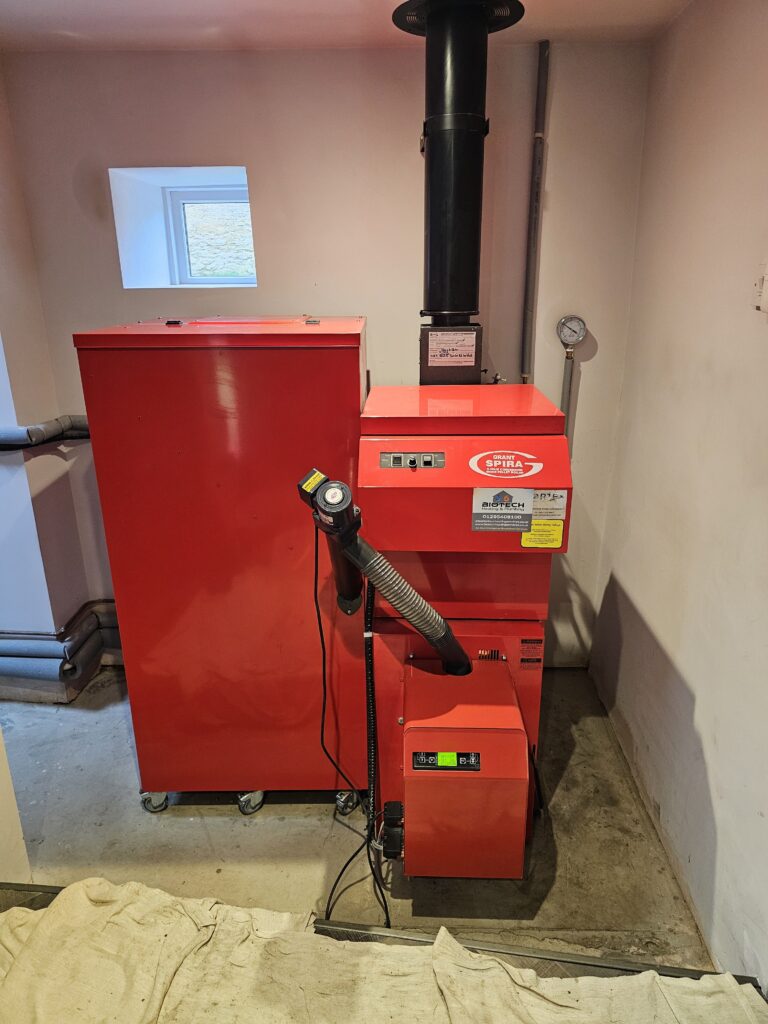
How Biomass Heating Systems Works ?
As a renewable alternative to standard central heating systems connected to the grid, biomass heating uses natural fuels to generate heat. These fuels include wood chippings created from sawdust, crop by products, and other natural resources that would otherwise be used as waste. Biomass heating in the home is commonly available as a boiler, stove, biomass furnaces, to produce warm air that flows through the building. Biomass heating systems use renewable energy and produce low greenhouse gas emissions.
In this blog post, we will be answering some common questions, to help you decide if biomass heating is the best option for you and your home.
Is biomass heating expensive?
If cutting your carbon emissions is a high priority for your homer business, biomass heating is a worthwhile investment. The bottom line is that they are significantly more expensive to install, run, and maintain than standard heating systems.
Keep in mind that the cost will vary based on a number of factors, including the type of system being installed, the availability and cost of fuel needed. They typically need more maintenance, so if you hire professionals to carry out routine tasks, this will add to the running expense. To help you make an informed decision, and to weigh up all the costs and benefits, we recommend consulting a professional for personalised advice.
How often should you fill a biomass boiler?
This will vary depending on your heating needs, the size of your boiler, and the kind of fuel used. Wood pellets, for example, burn more slowly than raw logs and wood, so will need refuelling less often. Plus, during winter seasons, your boiler will need more frequent filling. Advanced designs of boiler will affect the speed of fuel burning, so that it will not need as much filling. If your space is smaller and has a lower demand for heat, it’s more likely that a little fuel will go a long way. However, if your space is larger, and harder to heat, this will require more fuel, and more refilling.
Do biomass boilers run all the time?
Modern biomass boilers often come with an automated function that shuts off when the desired heat has been reached and will turn on automatically when the temperature drops again. Modulation is a feature available on some models of boiler. This function means they can emit heat according to demand. This means they do not have to be running constantly, making them more energy efficient, and preventing needless fuel wastage. This works in tandem with fuel storage systems, which will release fuel as and when needed.
We advise looking at the manufacturer’s instructions on your specific model. There are many long-term benefits to choosing biomass heating, for your home, and for the surrounding environment. This highly versatile option is one of the most energy efficient and eco-friendly to heat a space and helps to promote renewable energy.
